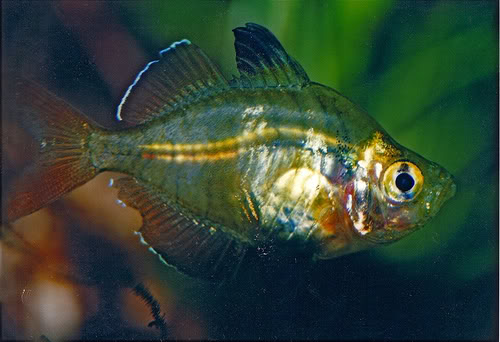Oracle published Glassfish development plans

On March 25, Oracle officially announced plans to develop the Glassfish application server, recently acquired with Sun Microsystems. The most important news is that there will be no changes in the community’s work on the project, Oracle is interested in further product development.
The open source version of Glassfish remains, and in addition to it, Oracle will supply its Oracle GlassFish Server
Development plans cover the following aspects: the next releases of versions 2 and 3 after 100 days (mainly integration with Oracle technologies), Glassfish technological development vectors, integration with the Oracle Fusion Middleware family, version 3 and 4 announcement.
The main resources for Glassfish are: glassfish .org - community resources (mailing lists, forums, wikis, etc.), binaries and source codes; Oracle.com - commercial information (official documentation, support), licensed supply of Oracle, and the licenses will be both production and evalution.
100 day releases
Glassvish c2.1.2: rebranding, patches, preservation of clustering and HA, support for new software and hardware platforms, use in other Oracle products.
Glassvish c3.0.1: rebranding, patches, multilingualism, add-ons for OracleFlassFish Sever and basic integration with Oracle Middleware products.
Subsequent Releases
Glassfish v3.1, 2010: Clustering, HA, replication, commercial add-ons;
Glassfish v3.2, 2011: improved clustering / HA management, integration with Oracle Identity Management, virtualization support, upgrade to the Java EE 6 specification, initial support for Java EE 7;
Glassfish v4: a basic platform - common with Weblogic, support for Java EE 7.
In general, the news is positive - the project continues to be a free reference implementation specification.

